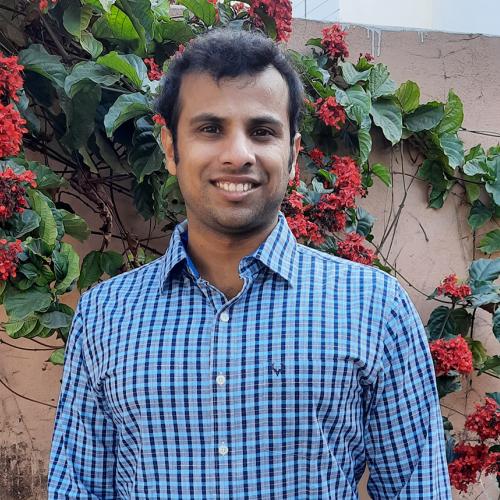PhD student Abhinav Choudhry has received a 2024-2026 Institute for Information Literacy at Purdue research award for his project, "Gamified Finance Simulator for Older Adults: A Financial Literacy and Vulnerability Intervention." The $4,000 award is intended for research that enables people to navigate and contribute to today's information environment. Associate Professor Rachel Adler and PhD student Kyrie Zhixuan Zhou will serve as co-principal investigators on the project, which aims to create a gamified simulation of digital banking.
"A large part of the older adult population is not comfortable using the internet for digital transactions and does not do online banking. As banks reduce the number of branches and increase the number of online services and transactions, research has shown that a sizable portion of this population feels increasingly disenfranchised and is thus less able to participate in society," said Choudhry.
While the project's target audience is an older adult demographic, the simulation could be used to teach digital banking and digital security to anyone. Players will be taught the basics of operating bank and credit card accounts, performing online transactions, and using utility services. The simulation will include prerecorded videos and run like a game, with a game currency, challenges, leaderboards, and in-game rewards. The primary game would be played on computers, but some parts could also be played on mobile phones.
"The game challenges will be very practical, such as setting up beneficiaries in accounts, transferring funds, paying a credit card bill, shopping online, paying a utility bill, etc. This will be done with the help of story narratives and keeping track of the money spent, products purchased, and experience earned. However, it will also teach more advanced skills in both financial literacy and digital literacy," said Choudhry. "The overall hope is that by playing this simulation, older adults will not only be able to perform more financial transactions and financial management online but also become more confident handling digital technology in general."
The simulation will also teach older adults how to guard themselves against common online threats. According to Choudhry, while the older population tends to lose more money to scams than younger populations, they are less likely to report it.
"Older adults' fear of digital threats prevents them from taking advantage of online resources," he said. “We hope to increase their resilience against threats by teaching them how to stay safe online by using secure password managers, identifying suspicious links, and distinguishing between genuine and spurious emails."
